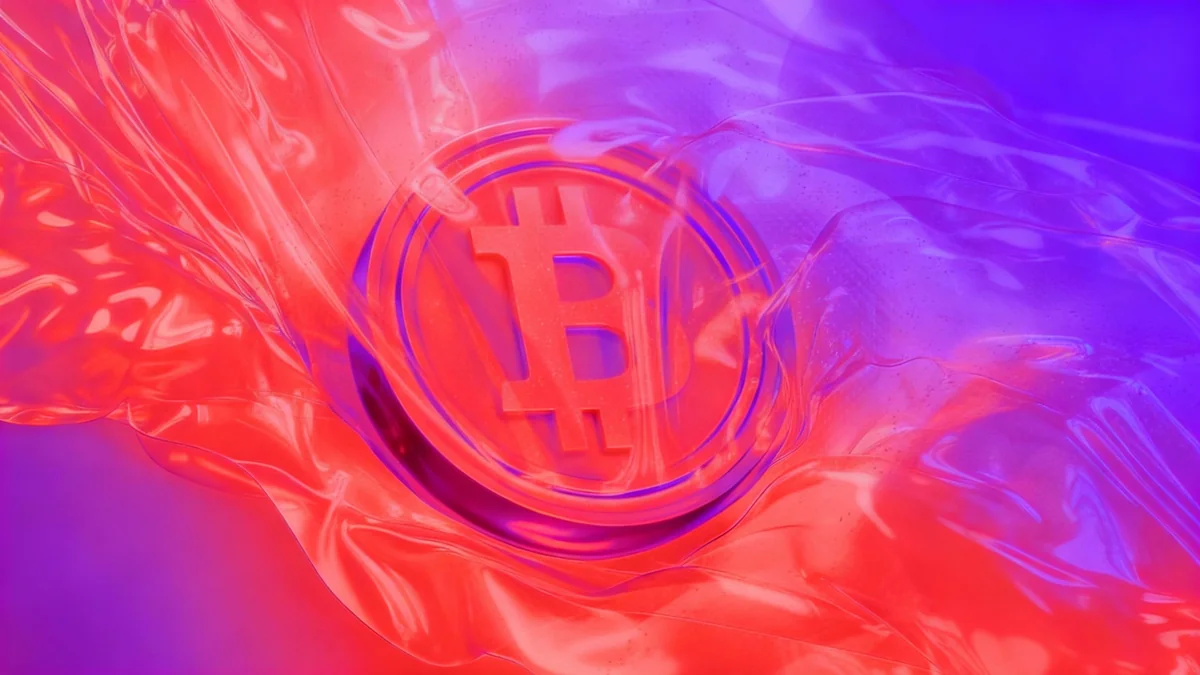A new proposal aimed at temporarily restricting the amount of arbitrary data on the Bitcoin blockchain has ignited a fierce debate among developers and community members. The proposal, known as Bitcoin Improvement Proposal 444 (BIP-444), seeks to address concerns about network integrity and potential legal risks for node operators.
The debate centers on the fundamental principles of the network, pitting fears of misuse against the core value of permissionless transactions. The outcome could have significant implications for projects like Ordinals and the broader use of Bitcoin for data storage.
Key Takeaways
- A new proposal, BIP-444, suggests a temporary soft fork to limit data storage on the Bitcoin blockchain.
- The move is a response to the recent Bitcoin Core v30 update, which removed limits on data added via OP_RETURN.
- Supporters are concerned about potential legal liabilities for node operators if illegal content is stored on the blockchain.
- Critics argue the proposal amounts to protocol-level censorship and undermines Bitcoin's permissionless nature.
A Proposal to Curb Data on Bitcoin
A new proposal, identified as BIP-444, has been introduced to the Bitcoin development community, calling for a temporary rollback of the network's data-carrying capabilities. Published by a developer using the pseudonym "Dathon Ohm," the proposal suggests implementing a soft fork—a backward-compatible network upgrade—that would last for approximately one year.
The primary goal of this temporary measure is to give developers time to devise a more permanent solution to the challenges posed by storing large amounts of arbitrary data on the blockchain.
What Would BIP-444 Change?
The proposal outlines several specific technical changes designed to severely restrict data storage. These include:
- Limiting OP_RETURN outputs, a common method for embedding data, to just 83 bytes.
- Capping most other transaction script types at 34 bytes to prevent workarounds.
- Directly targeting the Ordinals protocol by outlawing the OP_IF function within Tapscripts, which is essential for creating inscriptions.
If implemented, these changes would effectively make previously valid transactions with large data payloads invalid, significantly impacting applications built around on-chain data storage.
The Catalyst for Change
The introduction of BIP-444 is a direct reaction to the recent Bitcoin Core v30 software update. This update removed the previous cap on the amount of data that could be included in an OP_RETURN transaction, provided the user pays the necessary network fees. While adoption of v30 remains low, with data showing only 6.3% of reachable nodes running the new software, its potential implications have spurred preventative action from some developers.
The Core of the Debate: Security vs. Censorship
The community is sharply divided over the proposal, with arguments touching on Bitcoin's foundational principles. Supporters of BIP-444 express grave concerns about the potential for malicious actors to upload illegal content, such as child sexual abuse material (CSAM), to the immutable blockchain.
"If the blockchain contains content that is illegal to possess or distribute, node operators are forced to choose between violating the law (or their conscience) or shutting down their node," the proposal states. Proponents argue this scenario poses an "existential threat to Bitcoin's security model" by disincentivizing participation and leading to centralization.
Longtime Bitcoin developer Luke Dashjr has voiced support for the proposal, describing it as a simple, short-term measure to "buy time to design a long term solution." He has publicly denied authoring the proposal himself.
On the other side, critics contend that limiting transaction types based on their data content is a form of censorship that violates the network's core ethos of being a permissionless system.
"There is no meaningful difference between normalizing the censorship of JPEG or memecoin transactions and normalizing the censorship of certain monetary transactions by nation-states. Both would set very dangerous precedents," wrote Leonidas, a prominent figure in the Ordinals community.
Weighing the Risks and Principles
Opponents of the proposal argue that arbitrary data has been a feature of Bitcoin since its inception. They believe that as long as a transaction is valid according to consensus rules and includes adequate fees, it should be processed without judgment on its content.
Jameson Lopp, co-founder of the Bitcoin security firm Casa, has been a vocal critic of the proposal's logic. He questioned the legal basis for holding node operators liable for data passing through the network and pointed out the ambiguity in defining what content is legally or morally objectionable.
"By running a node you consent to the consensus rules of the network. If you don't consent, you can simply not run a node," Lopp commented on the proposal's discussion forum.
Next Steps for the Proposal
The debate surrounding BIP-444 is currently unfolding on social media and development forums. For the proposal to advance, it must be formally submitted to the Bitcoin Development Mailing List, a crucial step for gathering wider feedback from the core developer community.
As the discussion continues, the Bitcoin community faces a critical decision about its future direction: whether to prioritize the mitigation of potential legal risks by imposing restrictions, or to uphold the principle of an uncensorable, permissionless network, regardless of how it is used.





